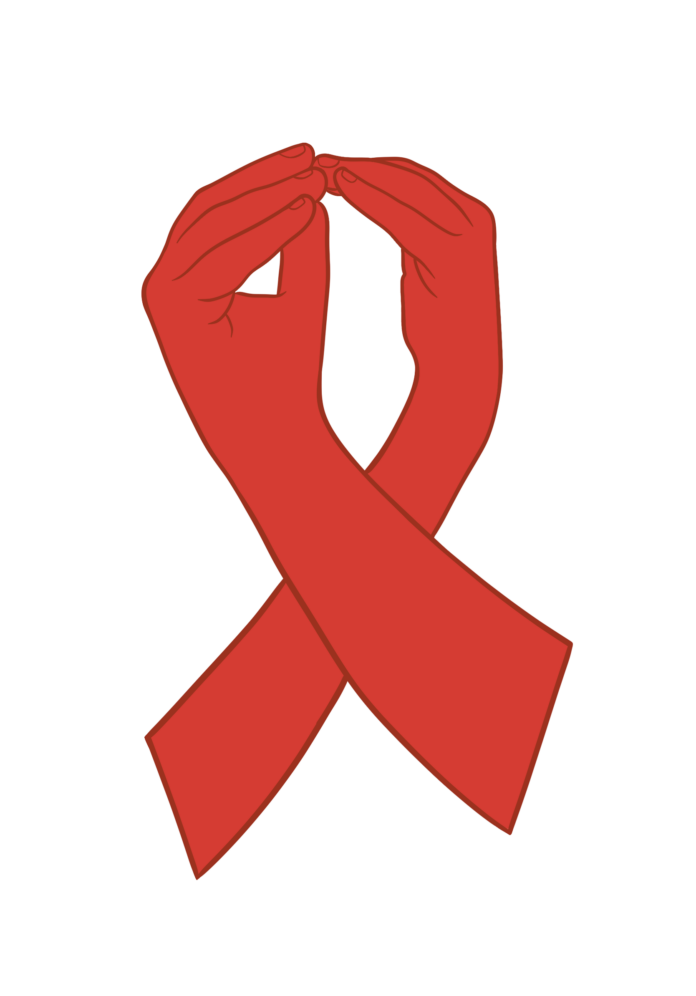With STI Awareness Month coming up in April, The Whit Staff wants to talk about the HIV pandemic. More specifically, the fact that HIV is no longer culturally treated as a pandemic.
When the first major HIV outbreak happened in 1981, coverage of the issue quickly spread, becoming the biggest health issue and one of the biggest political issues of the decade. This continued into the 1990s, though the coverage was beginning to become less and less prominent, particularly when protease inhibitors became available, making it so an HIV diagnosis was no longer a death sentence. In 2012, PrEP allowed another level of protection for those at a high risk of exposure, to help prevent contracting the disease if they come in contact with it.
Despite these added levels of protection and more treatment options, HIV is still a pandemic, and a much larger issue globally than is often talked about.
The world remains in recovery from a massive Covid pandemic, still dealing with outbreaks. People continue struggling with the long-term physical and mental side effects of having the virus.
All of these things are also true of HIV, but this virus’s pandemic status is often overlooked or forgotten.
This pandemic has been going on for 43 years at this point, yet people don’t talk about it in that way. While of course, HIV is not the same as Covid, as HIV is transmitted through sexual contact, sharing needles, and contact with blood while Covid is transmitted via respiratory droplets, they are both still majorly serious illnesses that can be deadly.
This is why Rowan’s actions in regard to HIV are so commendable.
Rowan held a free HIV testing clinic at the Wellness Center on Tuesday and will be holding another one in April. The finger prick testing allowed students to quickly go into the exam room, get the test done, and have their results in under a minute.
On Mondays and Wednesdays, the Wellness Center’s partnership with FamCare also allows students to go in and get rapid HIV testing and other STI testing as well. In the event that the tests come back positive, the Center also has PrEP and treatment options available to help stop the progress of the disease and prevent further transmission. Crisis counselors are also present to help with the mental toll that such a diagnosis can take on a person.
In the event a student fears they have been exposed recently—within 72 hours— they can also go to the Wellness Center to get PEP, which can help stop the virus from being contracted, even after exposure.
This readily available access to testing, treatment, and care from the university is something to be proud of. The issue is taboo and not often discussed, but with at least 3-6% of college students having HIV, with professionals believing these numbers are underreported, Rowan’s administration offering this level of unbiased and non-stigmatizing support to students is helpful in ensuring that everyone remains safe and gets the treatment that they need.
This also combats myths and stereotypes around HIV, further helping stop the stigma, and showing that anyone can contract or be exposed to the disease and that it is not a death sentence. HIV-positive people can and, at this point, often do, live rich and fulfilling lives, just having to take care of themselves and ensure that they continue their treatment.
For comments/questions about this story DM us on Instagram @thewhitatrowan or email thewhit.opinion@gmail.com






